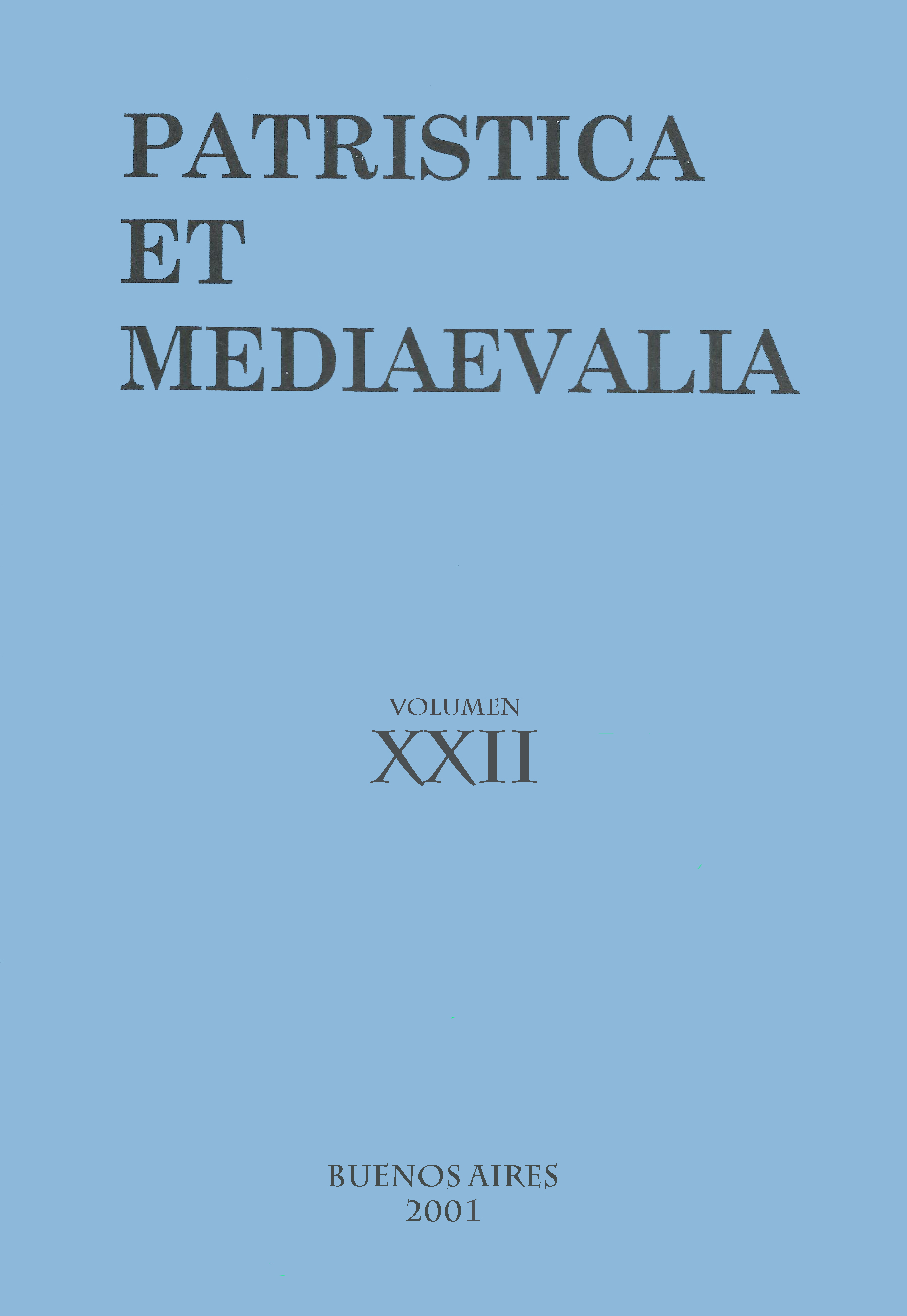Theoretical Grounds of the Expiration of the Legal Order in the De Ecclesiastica Potestate of Aegidius Romanus
Abstract
Scholars who devoted their attention to Medieval political thinking have correctly typified Aegydius Romanus’s doctrine as the purest model of the so-called Papal Theocracy or Hierocracy. It was precisely that theocratic character which left unadvertised its theoretical importance and, consequently, minimised the strength of the conceptual groundings of Aegydius’s political theory on absolute power. This article points to two directions: in the first place, it reconstructs the argumentation that Aegydius used to get to the notion of casus imminens; in the second place, it points out (and stresses) the theoretical links that relate the casus imminens with the theory of the totality of power (plenitudo potestatis).Downloads
References
Miethke, J. (1991). Politische Theorien im Mittelalter. In Lieber, H. J. (Hrsg.). Politische Theorien von der Antike bis zur Gegenwart. Bonn: Bundeszentrale für Politische Bildung, 47-156.
Miethke, J. (1933). Las ideas políticas de la Edad Media. Buenos Aires: Biblos.
Scholz, R. (1961). Aegidius Romanus, De ecclesiastica potevate. Aalen: Scientia.
Spiazzi, R. M. (ed.). S. Thomas Aquinatis Opuscula Philosophica, De redimine principe ad regime Cypri. Roma: Marietti.
1. The authors who publish in this magazine accept the following conditions:
-
They retain the copyright and grant to the magazine the right of the first publication, with the work registered under the Attribution-ShareAlike 4.0 International License that allows third parties to use what is published as long as they mention the authorship of the work and the first publication in this magazine.
-
They can make other independent and additional contractual agreements for the non-exclusive distribution of the version of the article published in this magazine (eg. include it in an institutional repository or publish it in a book) provided that they clearly indicate that the work was first published in this journal.
-
They are allowed and recommended to publish their work on the Internet (for example on institutional or personal pages).
2. AutoArchive Conditions. Authors are allowed and encouraged to distribute post-print electronic versions of their manuscripts because it promotes their circulation, a possible increase of quotation and a major reach among the Academic community. Color RoMEO: blue.













